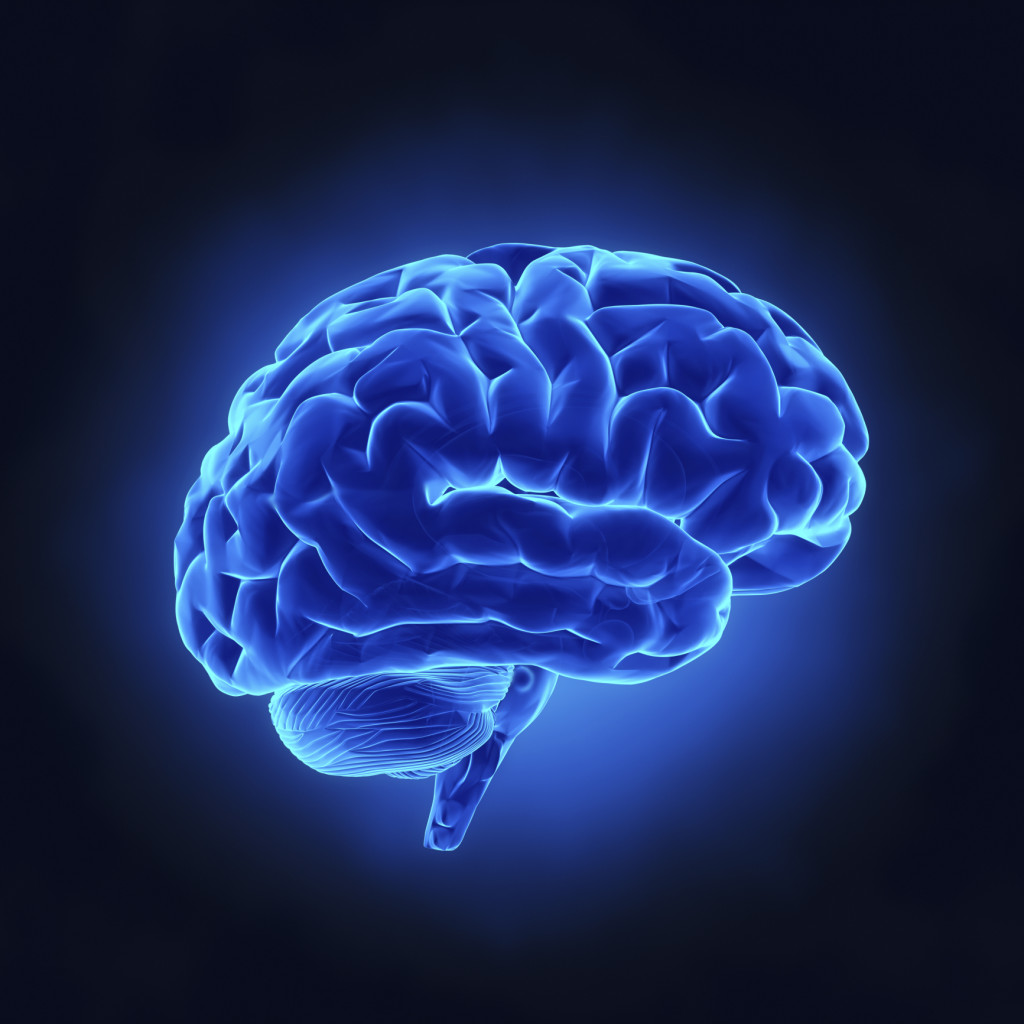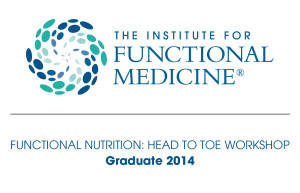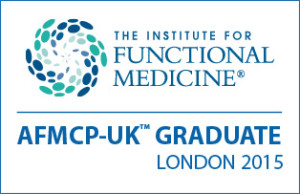Nutritional therapy, naturopathy and functional medicine for cognitive function and mood.
Good nutrition may benefit the following conditions:
- Depression (1)
- Anxiety (2)
- Insomnia (3)
- Migraine (4)
- ‘Brain fog’/poor concentration (5)
- Alzheimer’s disease (6)
- Parkinson’s disease (7)
- Multiple Sclerosis (8)
- ADHD (9)
- Pyroluria (10)
We do not tend to think so much about the health of the organ that thinks, yet when we lose our ability to focus clearly we see how important good brain function is in our lives for performing even the simplest of tasks. Brain imbalances can lead to poor mood, stress, inability to focus clearly and the complications of a failing memory. Furthermore the brain directs all of our bodily functions and there is a two-way communication between the gut and the brain known as the gut-brain axis. This means that brain health and gut health depend on each other.
The brain is very sensitive to its biochemical environment. Diet, lifestyle, hormonal imbalances and toxic exposure effect the biochemistry of the body fluids and have a huge impact on brain function.
The brain depends upon good blood flow because it uses up to 25% of your energy and 20% of your oxygen supply despite having only 2% of your body weight. The brain is mostly water but of the dry weight around 60% is fat which it needs to obtain from the diet. Certain minerals and vitamins are essential cofactors in the enzymatic reactions that form neurotransmitters that enable nerve cells to communicate with each other. These are made from specific amino acids coming from high quality protein in the diet. The right balance of neurotransmitters at the right time helps keep you happy, mentally active, sharp and motivated yet calm and able to enjoy deep restorative sleep. Clearly there is a strong physical component to mental and cognitive health.
Loss of loved ones through death has always been part of human life and in the modern age we also face the stress of divorce, moving house, work stress and financial stress. Nutritional therapy cannot avoid these difficulties but it is worth noting that long-term depression, anxiety and mood disorders may often have their roots in poor nutritional status. Once depression or anxiety set in due to challenging life circumstances they change the balance point of your brain biochemistry which in turn affects the gut. The gut then feeds back to the brain and all other body systems which then become locked into a biochemical state that maintains depression or anxiety. In this case poor nutrition may not have been a primary cause of this suffering but correct use of diet and supplemental nutrients with detoxification when appropriate can help to find a healthier balance point.
The progress of chronic degenerative diseases of the nervous system such as Alzheimer’s disease, Parkinson’s disease and Multiple Sclerosis can be slowed down with nutritional therapy. In fact Dr. Dale Bredesden, an internationally recognised expert on Alzheimer’s disease, has published the first scientific peer-reviewed study demonstrating the possibility of reversing the symptoms of Alzheimer’s disease. He reversed the symptoms of the disease in 9 out of the 10 patients in this small preliminary study (1). This evidence certainly warrants consideration of the approach to this devastating disease for which no alternative treatment has yet been found to have better results.
Tom attended a conference in 2014 to learn about Dr. Bredesden’s protocols for reversing Alzheimer’s disease.
The correct use of diet and supplements and lifestyle changes for cognitive and mood issues is greatly aided by finding the causes of your individual symptoms. These root causes may be some combination of factors such as hormonal (9) or blood sugar imbalances (10), gut issues (11), infections (12), allergies (13), autoimmunity (14), mitochondrial dysfunction (15), nutritional deficiency (16), toxicity (17) and other biochemical imbalances such as methylation (18).
Sometimes there may be a genetic predisposition that, given the modern environment and diet, may contribute towards biochemical imbalances that affect brain function (19).
In working with cognitive health and supporting mood Tom investigates these causes and where appropriate offers functional and genetic testing to investigate potential issues with biochemical processes such as methylation that can be corrected with diet, lifestyle changes and supplements. Then a nutrition plan is created to help find your way back to happiness, serenity and optimal cognitive function.
Book a free no-obligation 20-minute telephone appointment using the box to the right to find out more about how Tom can help you or to book an initial consultation.
Learn more about my work in London and Totnes, or find out about online consultations.
Please note: Tom does not offer medical advice nor is his work a substitute for medical care.In the interests of your safety you will be required to agree to Tom’s Terms and Conditions.
[widget id=”text-2″]






